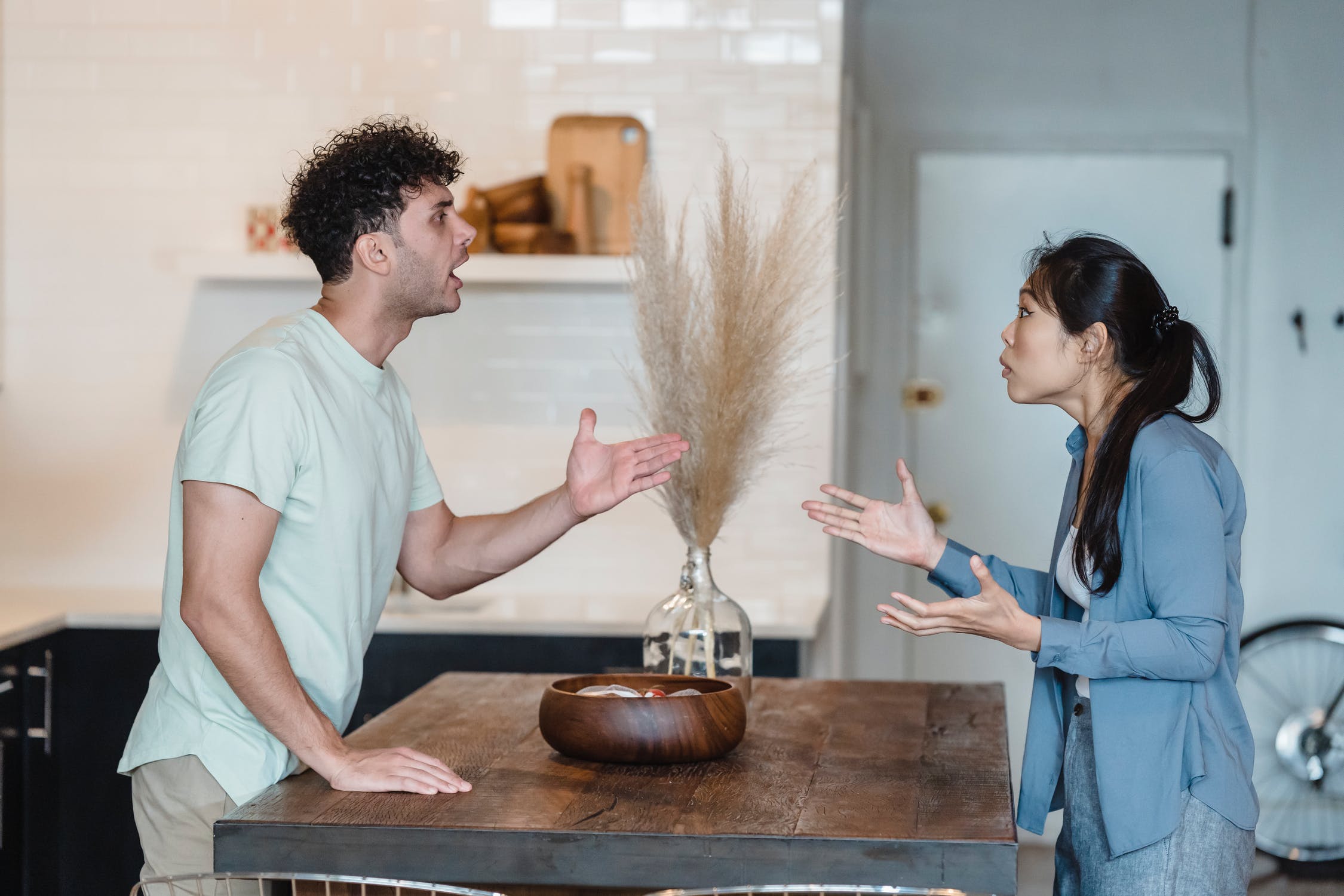Relationships are hard work. Long-lasting, healthy relationships require a lot of problem-solving, communication, and cooperation from both partners. They also require a commitment to grow and adapt to each other’s needs as the relationship evolves over time. Unfortunately, the busyness and stress of life can take a toll on relationships, leading to high rates of divorce and breakups of long-term couples, partly due to the COVID-19 pandemic.
However, there has also been a spike in couples who attend couples therapy, especially in millennials between the ages of 25 and 35. This article will discuss five reasons you should consider investing in couples counseling, even if you’re not married. You can find more information on the benefits of relationship counseling and other resources at BetterHelp.
Who Can Benefit from Couples Therapy?

Contrary to what you may believe, relationship therapy isn’t just for married couples. Even if you’re dating or engaged, you and your partner may benefit from couples therapy. In addition, couples across all diverse backgrounds and ages can benefit from therapy.
Couples therapy can be helpful to resolve current or past problems, prevent future issues, and address differences in parenting styles or communication styles. It can also be used to address the way each partner responds to conflict, manages stress, and responds emotionally during demanding situations.
Those who have invested in couples therapy have enjoyed happier relationships, better communication, effective problem solving and conflict resolution, and improved emotional vulnerability and deeper connections.
Choosing to see a relationship therapist can help you and your romantic partner experience several life-changing benefits, resulting in a healthy, lasting relationship.
1. Commitment to Growing Together

There is a lot of stigma and misconception around relationship counseling. For many, couples therapy is a sign of a doomed relationship or delaying an inevitable breakup or divorce. However, the opposite is true.
Attending therapy as a couple shows you are committed to growing together as a couple and as individuals. In therapy, you’ll not only be able to learn more about your partner’s wants and needs, but you’ll also be able to learn more about yourself.
Therapy can help you explore the areas of your life where you don’t feel fulfilled, allowing you to become a better version of yourself and a better romantic partner for your significant other. You may also learn more about how you relate to others and how you empathize with them. If you have difficulty relating to others or can’t empathize, therapy gives you a safe space to work on your interpersonal skills.
As you learn more about yourself and your partner, you may find it easier to support them because you know their needs and how you can use your strengths to meet those needs. In addition, learning about each other creates intimacy, allowing you to grow closer to your partner and create a fulfilling, joy-filled relationship.
2. Improved Communication

Communication is at the heart of every relationship. Therapy can help you improve all forms of communication, including verbal and non-verbal. Healthy communication is essential in all parts of a relationship. Whether you’re navigating the day-to-day routine, having a discussion, or being vulnerable, you must be able to both communicate with and listen to your partner.
Therapy can teach you how to express yourself in a way that allows your partner to understand you and what you’re saying. When you feel listened to, understood, and heard by your partner, it’s easier for you to do the same for them.
Listening and understanding are also essential parts of healthy communication. Therapy can help you learn to be a more active, empathetic listener, leading to deeper conversations and stronger intimacy.
3. Better Conflict Resolution

As your communication with your partner improves, you may find it easier for you to resolve conflicts quickly, effectively, and healthily. Poor communication can be a significant source of conflict in relationships. Conflict can start with your partner because of ineffective communication between the two of you.
When conflict escalates, communication declines even more. You may start to pull away from your partner, and they may begin to pull away from you. The more conflicts and unresolved disagreements you have in your relationship, the more distance there may be between you and your partner.
Relationship counseling can help you learn how to resolve conflict, remove isolation, and restore the connection. Your therapist can create a safe space that allows you and your partner to be honest, vulnerable, and open with each other. They can also give you room to discuss the topics that cause conflict with an impartial mediator.
You can also start to see your partner’s perspective on your relationship and important issues through therapy. By seeing things from your partner’s perspective and seeing both sides during a disagreement, it is easier for you to communicate and resolve the conflict.
4. Increased Intimacy, Vulnerability, and Trust

When communication increases and conflict decreases, intimacy starts to increase as well. Intimacy and connection are essential parts of romantic relationships. However, they’re also common problems, especially in couples who have been together for years.
After a while, you may feel like the spark you share with your partner has disappeared. Therapy can help you find that connection you once had. You can restore intimacy in a relationship when you create a safe space for you and your partner to be vulnerable.
Being vulnerable is easier when you feel understood and loved. It’s easier to feel understood and loved when you feel like your needs are being met. As all these aspects improve, you will begin to feel more connected to your partner.
5. Improved Relationships with Friends and Family

As you become more confident in yourself and secure in your romantic relationship, you may find relationships with friends and family start to improve as well. Friends and family are essential support people for you and your partner, but they can also be a source of stress or conflict.
Relationship therapy can help you set boundaries with your partner and those outside your relationship. Therapy can help you prioritize your partner’s needs and relationship over the needs of others.
It can teach you when to say “yes” and say “no” to favors and other family commitments. For example, instead of using your friends and family to vent about your partner during a disagreement, you can use them for advice.
Venting may paint your partner in a negative light, which could create a strain between your family and your partner. By seeking advice instead of venting, it shows your friends and family you and your partner are willing to put in the work.
Committing to couples therapy is a big step in any relationship. Despite the stigma attached to it, relationship counseling offers many benefits. It is crucial if you want to strengthen your relationship.
Whether you’re dating, married, or living together, investing in couples therapy is a great way to improve your communication and create a long-lasting, rewarding, respectful partnership.

